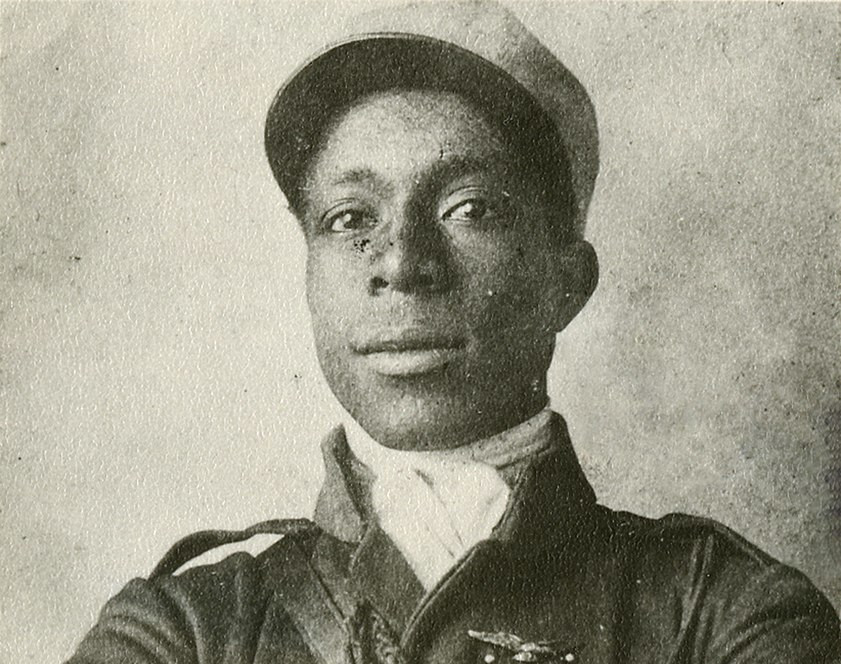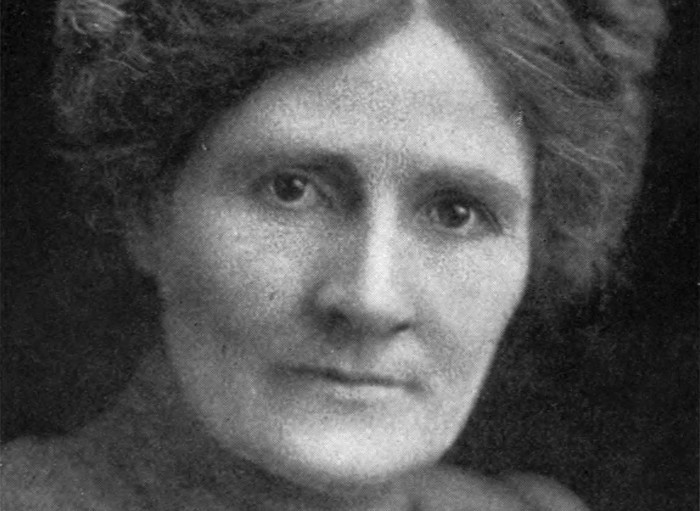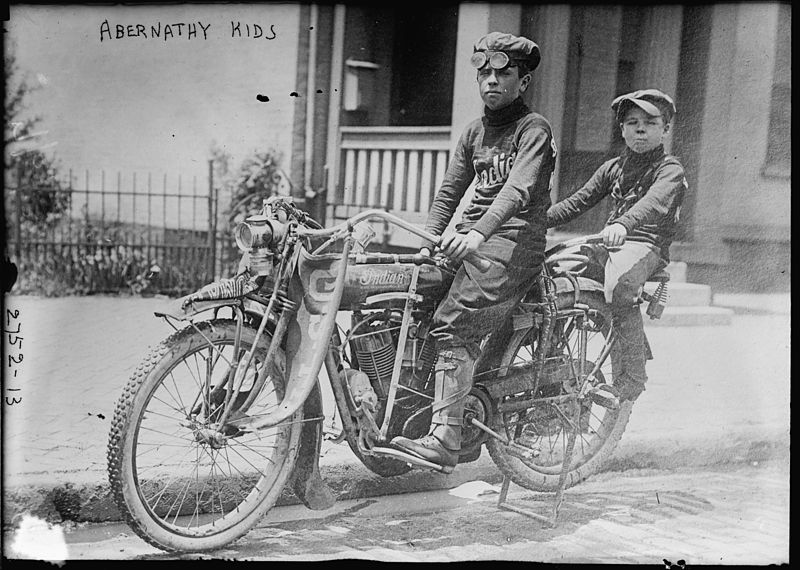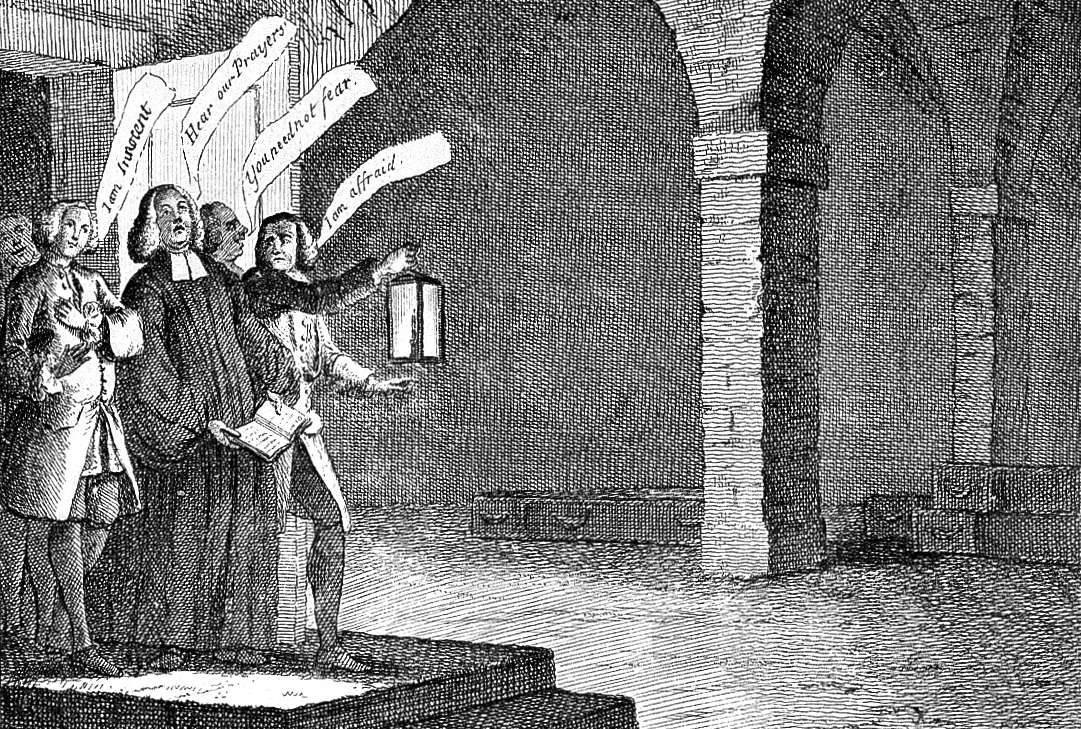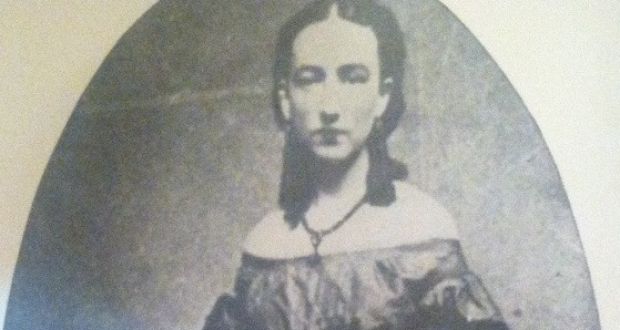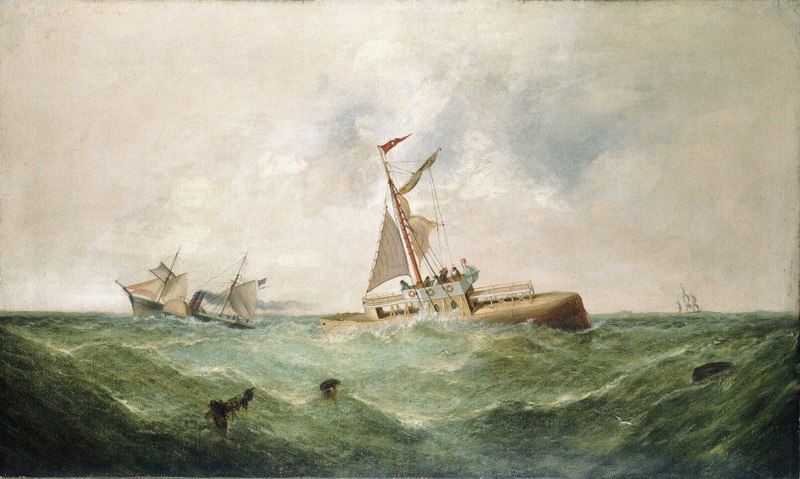
In the 19th century, France, England, and the United States each set out to bring home an Egyptian obelisk. But each obelisk weighed hundreds of tons, and the techniques of moving them had long been forgotten. In this week’s episode of the Futility Closet podcast we’ll follow the struggles of each nation to transport these massive monoliths using the technology of the 1800s.
We’ll also go on an Australian quest and puzzle over a cooling fire.

